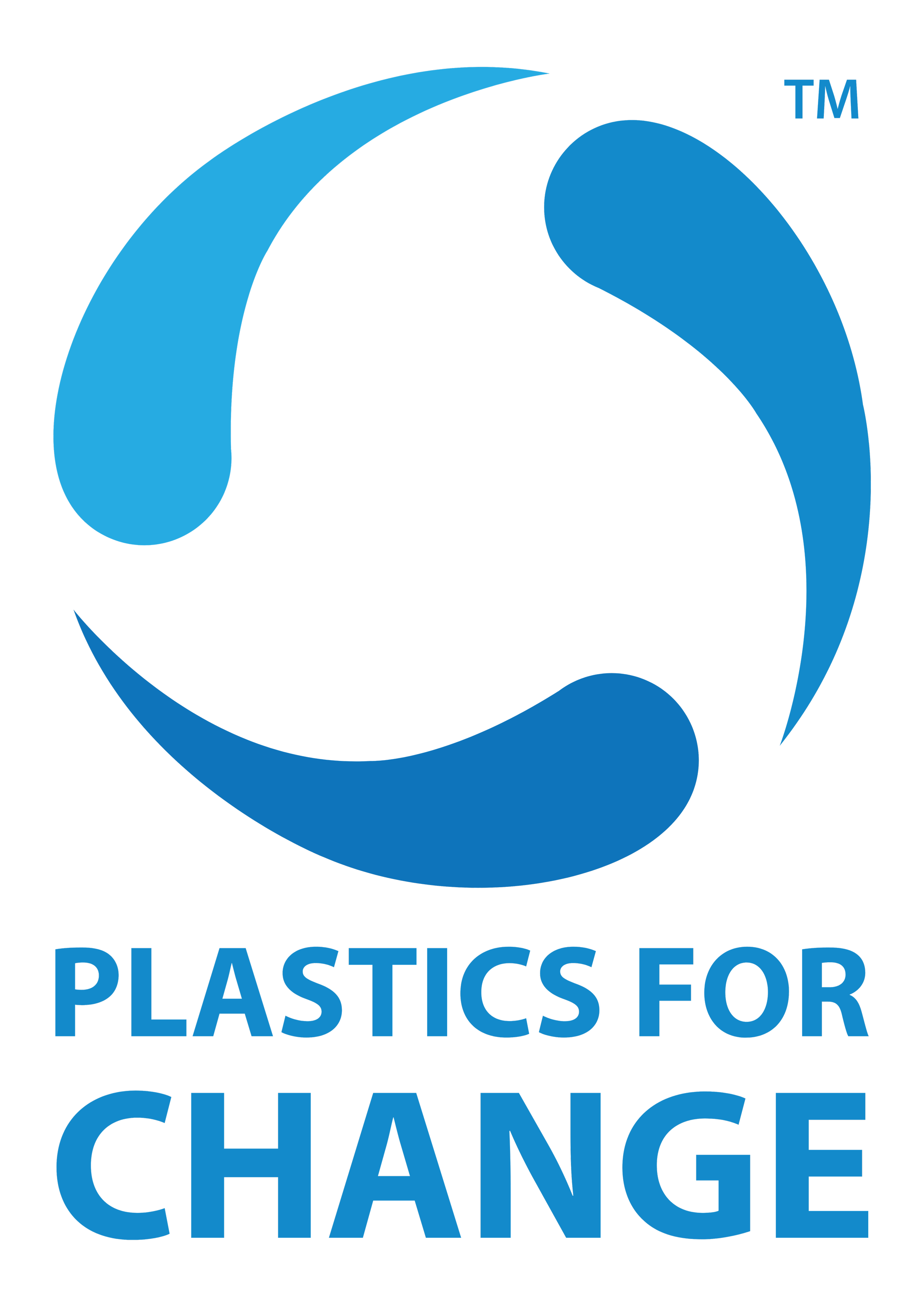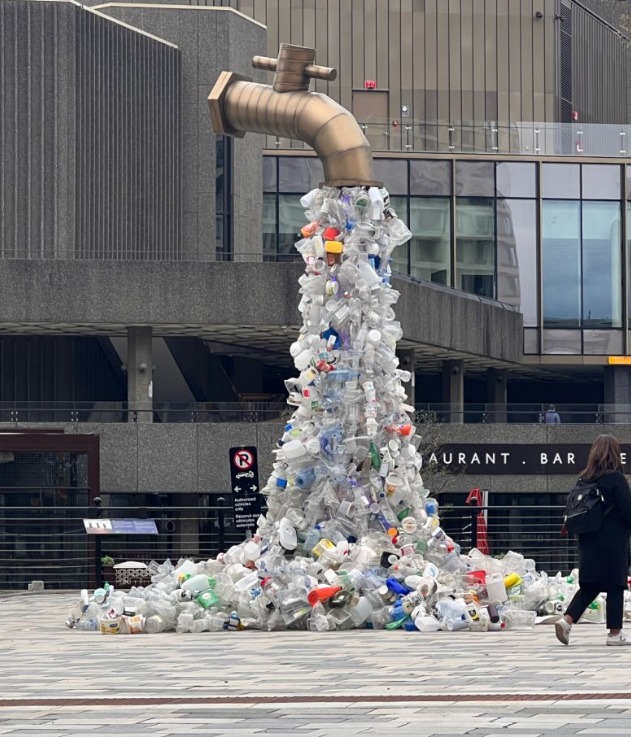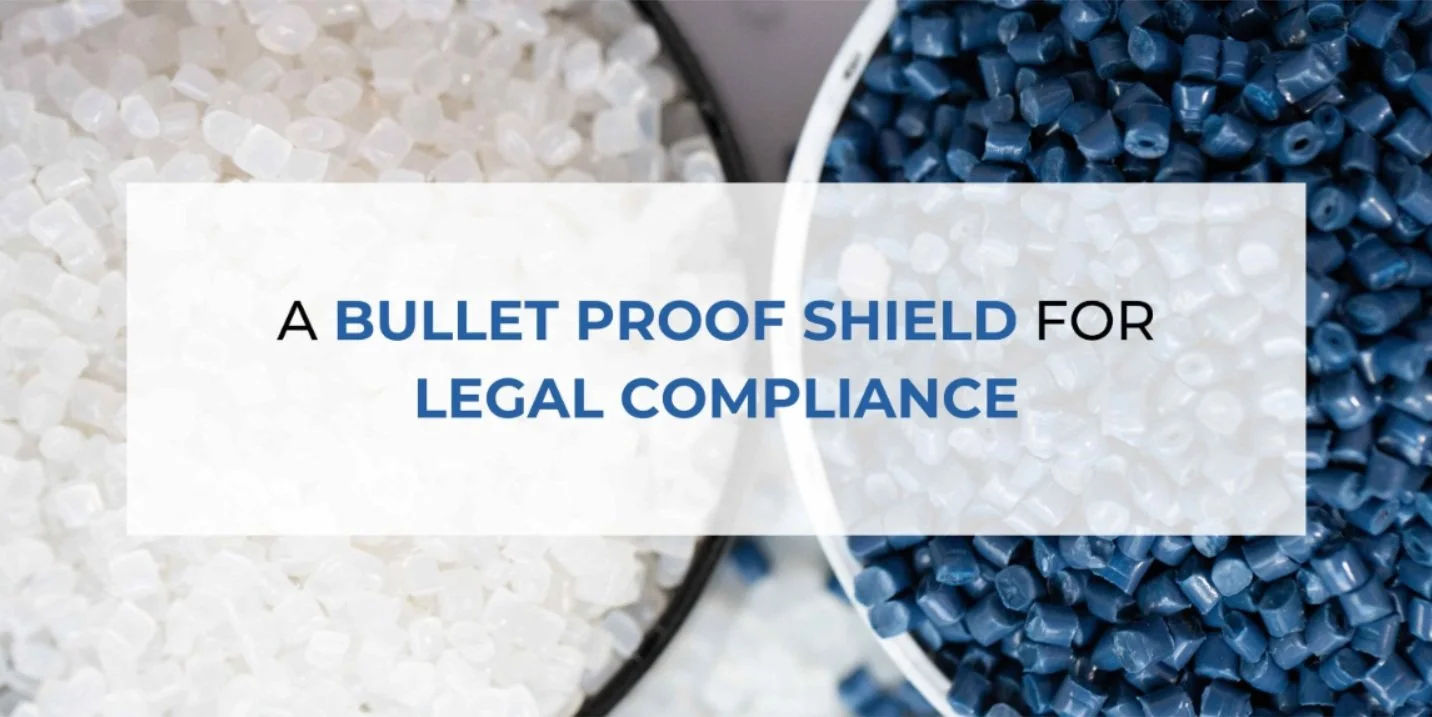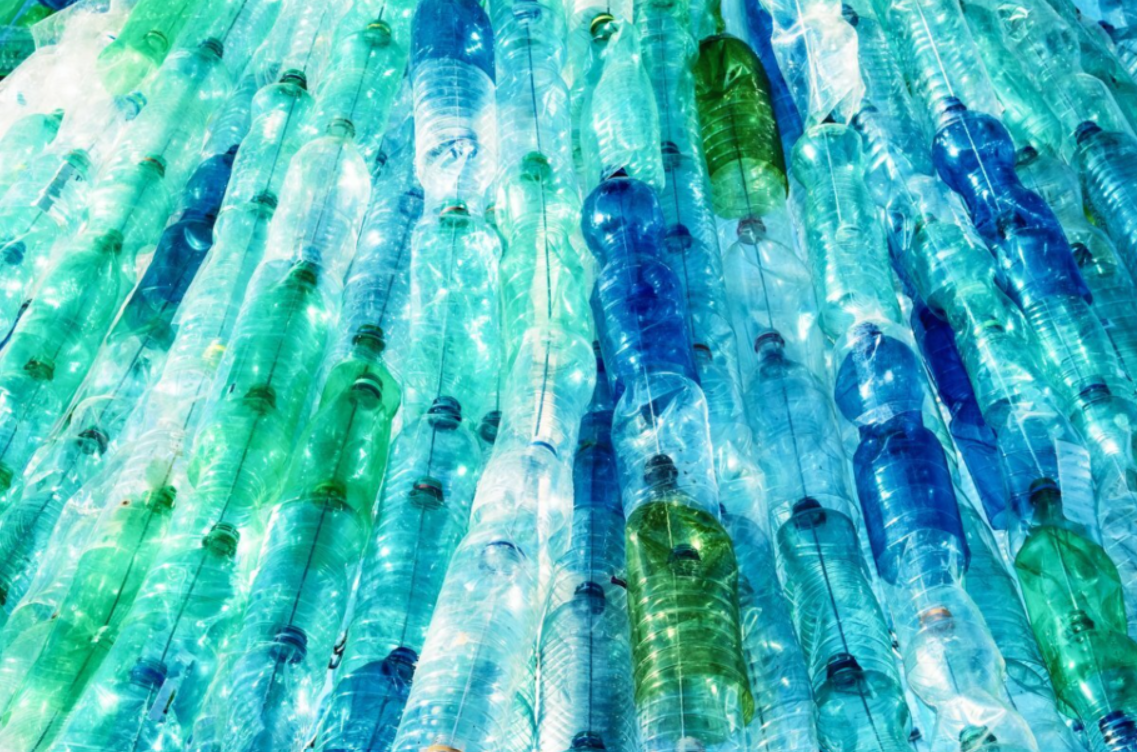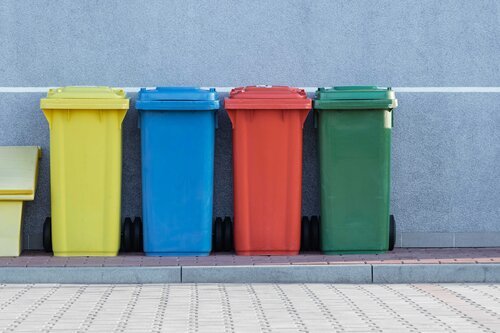A significant portion of India's plastic recycling workforce operates in the informal sector, comprising individuals from underprivileged backgrounds. Many are migrants from rural areas or belong to socioeconomically disadvantaged groups like Dalits, tribes, and religious minorities, driven by economic necessity to take on this hazardous work. Their precarious financial situation often forces them to prioritise immediate income over personal safety.
Read MoreThe informal waste economy in Maharashtra is dominated by individuals from historically marginalised communities, such as Scheduled Castes (16.6% of the state’s population) and Scheduled Tribes (9.4%). This demographic faces deep-rooted social stigma and discrimination, leading to the intergenerational persistence of waste work. Mainstream society seldom recognizes their integral contribution, fostering feelings of alienation and isolation among an estimated 100,000 informal waste workers in the state.
Read MorePlastic waste is a big part of the household trash problem, making up about 11% of everything we throw away. That’s a whopping 250 million tons of plastic waste from homes each year, with another 110 million tons coming from factories. We clearly need to find better ways to manage this waste. Plastic has been amazing for consumer goods and packaging, but it takes forever to break down and those tiny microplastics are showing up everywhere – not good news for the environment.
Read MoreThe “Namma Mane” Project is a dual-intervention initiative that combines environmental sustainability with social impact. This innovative method employed by us involves recycling MLP into housing panels, which serve as a sustainable replacement for cement. This not only diverts plastic waste from landfills and oceans but also provides affordable and durable housing solutions for those in need.
Read MoreGoing green can’t be a side hustle for fashion anymore. It needs to be at the very core of who they are and what they do. Achieving the goal of reducing environmental impact will require all retailers to think creatively and look for solutions across the value chain, including how products are displayed in stores.
Read MoreThe fourth session of the Intergovernmental Negotiating Committee (INC-4) to develop an international legally binding instrument on plastic pollution, including the marine environment, took place from 23rd to 29th April 2024 at the Shaw Center in Ottawa, Canada. Despite some progress made, the issue with the reduction of plastic production remained unaddressed with various environmental groups expressing their concern about it.
Read MoreWe took them to scrap shops where they met female entrepreneurs. We met Ranjini, a female businesswoman who had used the support from M.A.C to transform her life. When we arrived, she was so grateful that she had brought us coconuts and flowers. She showed the team the shed M.A.C and helped build for her. She was brimming with pride.
Read MoreThe world grapples with a growing plastic pollution crisis. Millions of tons of plastic end up in our oceans every year, harming marine life and ecosystems. To address this pressing issue, the United Nations Environment Programme (UNEP) established the Intergovernmental Negotiating Committee (INC).
Read MoreExplore The Body Shop's transformative partnership with Plastics For Change, pioneering the use of recycled PET from India. Witness their impactful journey from 2016 to 2024, championing fair trade, sustainable packaging, and empowering waste pickers. Join the movement towards a greener future with purpose-driven initiatives and a commitment to positive change.
Read MoreExplore the choice between Virgin and Recycled Plastics. Discover the benefits of Fair Trade rPET, from food-grade applications to ethical sourcing. Future-proof your business with innovation and ethical practices. Join the revolution with Plastics For Change.
Read MoreExplore the economics behind combating plastic pollution. Learn how INC3 negotiations tackle subsidies, boost recycling, and shape a sustainable future. Uncover the proposed elements for the Plastics Treaty.
Read MoreUnlock the potential of EU regulations as a competitive edge for your brand with Plastics for Change. Explore sustainable solutions to elevate your brand's impact and success
Read MoreEach year millions of tonnes of recycled plastic is imported from the global south to the global north. In fact, 58% of all plastic collected comes from the informal sector in emerging economies, while 50% of all the recycled plastic consumed in packaging happens in Europe.
Here are 6 questions to ask when sourcing plastics from plastic traders!
Read MoreThere are a ton of rules when it comes to what can and can't be recycled, and all those different symbols on products don't always make it clearer! So which choice should we follow? Here are some items that CANNOT be recycled
Read MoreFollowing the principles of carbon emission taxes, Extended Producer Responsibility is a concept where manufacturers and importers of products bear a significant degree of responsibility for the environmental impacts of their products throughout the product life-cycle.
Read MoreRecycling is the process of collecting waste materials, transforming them back into raw materials, and processing them into new products. ♻️
The recycling process can happen in three different ways but they all have three steps in common.
The figures above are a clear indicator that we should all stop consuming so much. But, at the same time, increasing the recycled content of the products we buy can help save our natural resources.
Without further ado, here are five reasons why you should buy recycled products:
Read MoreIn celebration of World Ocean Day, we share with you 5 mind-blowing facts about our ocean. Did you know it produces 70% of the world’s oxygen? Keep reading to learn more!
Read MoreAs you might know, there are seven different types of plastic being used around the world - they differ in size, color, usage and disposal. But, as a conscious (and curious) consumer, you might wonder: what types of plastic are recyclable? Well, if you are interested in discovering which plastic can be recycled, keep reading!
Read More